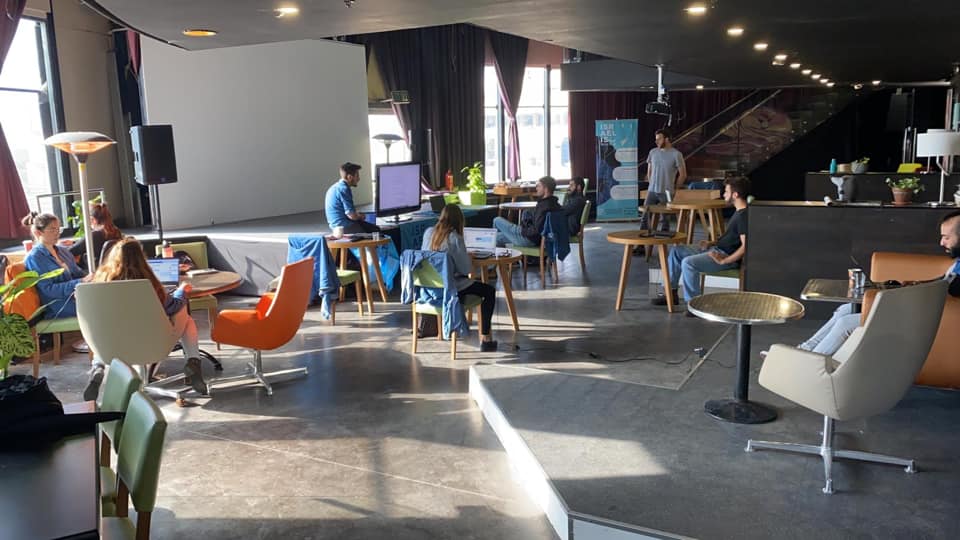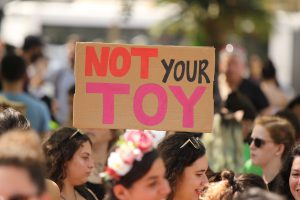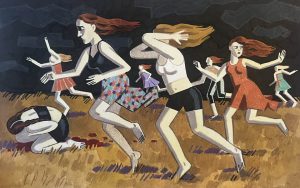Gender Equality


Home » Gender Equality » SDG 5-Fighting Human Trafficking, Protecting its Victims – Part 2
SDG 5-Fighting Human Trafficking, Protecting its Victims – Part 2
As detailed in Part 1 of this series, Israel has entered a new phase in combatting human trafficking. Recognizing that enforcement is just one important component of this effort, the country is also focusing on activities at the level of the individual.
In this context, Israel’s Health Ministry recently decided to broaden programs for drug addicted women working in prostitution, especially against the backdrop of personal distress stemming from the corona crisis.


To suppress the trauma of their sexual experiences, most women engaged in prostitution use drugs and psychoactive substances. Dr. Paula Rosca, director of the ministry’s substance abuse treatment department, told “Haaretz” that a black market shortage of drugs resulting from measures to stem the coronavirus pandemic have caused mental distress and harsh withdrawal symptoms, also resulting in more women applying for inpatient rehab center assistance.
“Most women working in prostitution who are addicts don’t generally seek help from drug rehab centers,” Dr. Rosca said. “The coronavirus period has opened a window of opportunity to treat them, and it’s critical that they get immediate assistance, to try to help them break the cycle of both drugs and prostitution. Those seeking help now won’t necessarily come back in another month.”
In a related development, the Health Ministry’s substance abuse treatment department recently announced a new fully funded program to treat people addicted to sex and prostitution services. The initiative is run by the civil society organization “Retorno,” which specializes in addiction rehabilitation and prevention.


Meanwhile, Israel has decided to grant a one-year residency visa to Chile Ezra, a 44-year-old Hungarian born survivor of human trafficking residing in the country since she was forcibly brought there in 1997. She eventually stopped working as a sex worker, began a rehabilitation process and has been drug-free for 12 years.
Ezra has been a symbol of the struggle against trafficking of women in Israel. Perhaps this new decision about her fate is a positive sign of the times.
Related articles


SDG5-Will Israel’s New Budget Advance SDGs? – Part 2
Gender Equality Read Part 1 In Part 1 of this series we presented a bird’s-eye overview of Israel’s new budget. Here we’ll drill down on


SDG 5 – Femicide Against Women in Israel
Gender Equality “An eyewitness told police in the past few days that she had seen the gang rape and murder of a young woman hiding


SDG 5- Gender Equality: Unfinished Business – Part 1
Gender Equality Read Part 2 We’ve made cursory reference, on a number of occasions, to gender equality in Israel. It is time to expand on


















